The Fundació Canpedró takes its soup kitchens a step further by providing a comprehensive assistance model to the most vulnerable.
1994: the year the Associació Acció Hospitalitària was created with the aim of improving the living conditions of people, especially the most vulnerable. More than 20 years later, its mission remains the same but, with time, the small roots that sprouted those first days have grown deeper. So, in 2016 the association became the Fundació Canpedró and, perhaps to keep the flame of its origins alive, decided to borrow its name from the building where it was established, at number 13, Sant Crist Street, in the Sants neighbourhood.
For over 20 years, the Fundació Canpedró has left its mark through several social interventions managing day-care centres, homes for the elderly and service centres in towns and cities around Catalonia. One of the most significant interventions dates back to 2012, when the association broadened its scope of action and set up its first social services centre for families in the city of Barcelona, thus increasing the services it provides while also meeting the social and economic needs of the times.
Today, Canpedró offers personalised attention to help persons overcome critical situations, which are often linked to poverty, marginalisation or social isolation. It does this by providing a range of services such as laundry services, personal hygiene, support for nursing and cures, socio-cultural animation, accompaniment finding a job, support at schools and high schools, and leisure activities. However, food continues to be the main pillar of its activities, as can be seen with its soup kitchen and the projects ‘Small plates’, ‘Solidarity Tapas’ and ‘The shop’.
The Soup Kitchen
“We decided to totally change our task and turn all our experience towards meeting the needs of elderly people, youths and families with children in the Sants-Montjuïc district”, says Teresa Villoro, the direcetor of the Fundació Canpedró, talking about the management of this initiative that arose from the severe economic crisis in 2012. “We wanted a new model of soup kitchen that focused on the needs of people, much more than a meal a day”, Villoro adds when she is asked where the idea for this project came from.
Figures, although they are just a small part of a project like this one, are remarkable. In 5 years, the soup kitchen has fed around 1,500 people directly and almost 2,000 indirectly. Also, right now, it provides 90 meals a day and, during school holidays, almost 150. All in all, this is possible with the collaboration of the Social Services of the City Hall & Caritas in Barcelona, managed by a team of people where volunteers play a key role, as Villoro underscores: “this last year alone we’ve had 261 volunteers and it is thanks to them the Can Pedró is possible”.
‘Small plates’ make a great meal
“The goal is to improve the living conditions of children and youths aged 3 to 18, covering their basic needs in terms of food with three meals a day: lunch, tea and dinner”. This is how Teresa defines the ‘Small plates’ project, which obviously is much more than just food; “we make up for other shortcomings for the youngest in the families by creating social and cultural spaces and support with schoolwork during the 188 days a year when children aren’t at school, i.e. during weekends, bank holidays, summer, Christmas and Easter holidays”. All of this so that the roots of the project continue to grow and allow them to reach out to those most in need.
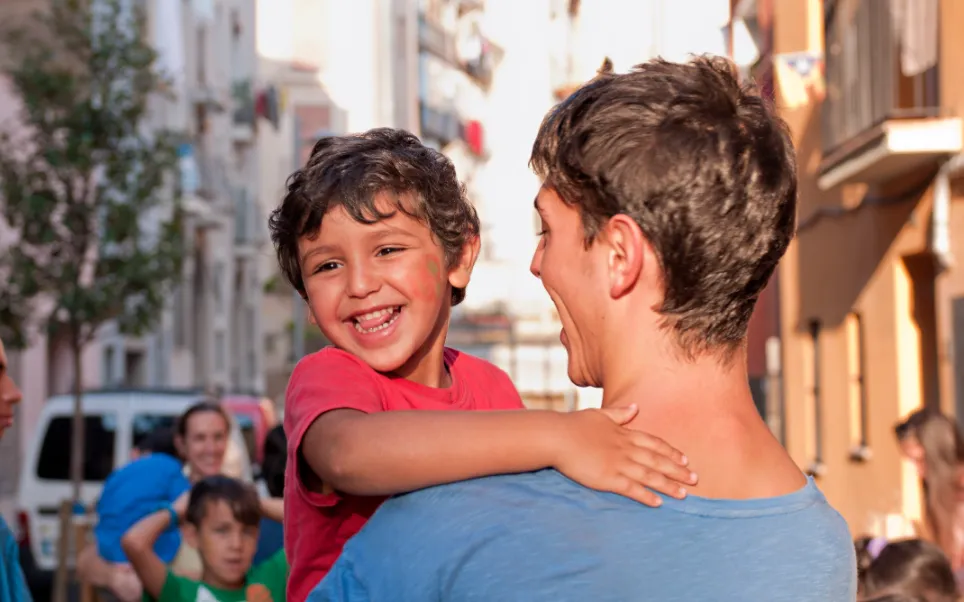
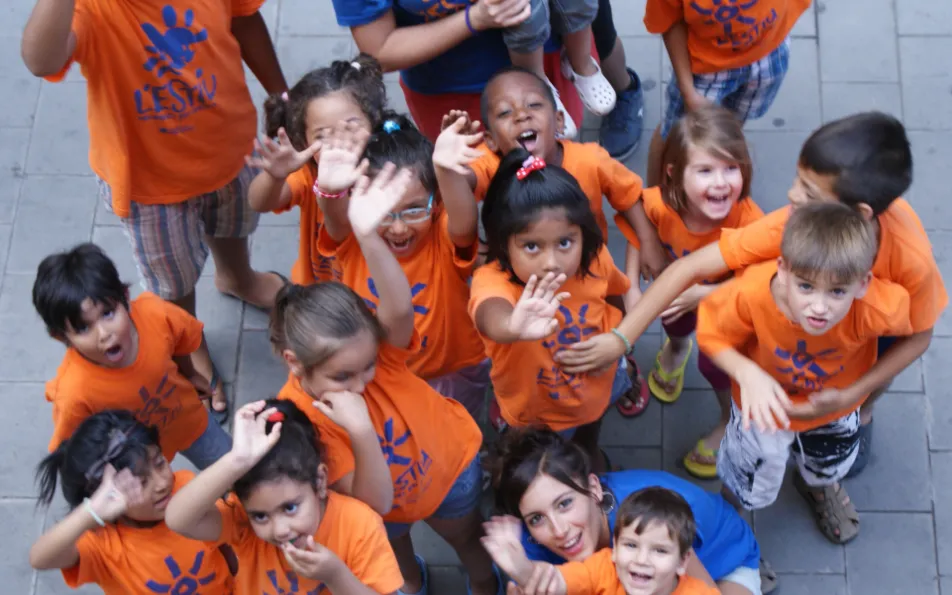
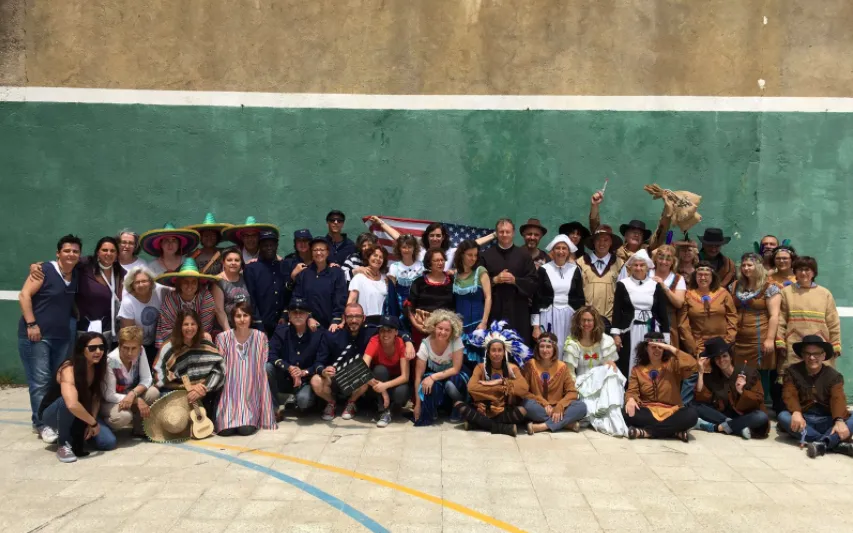
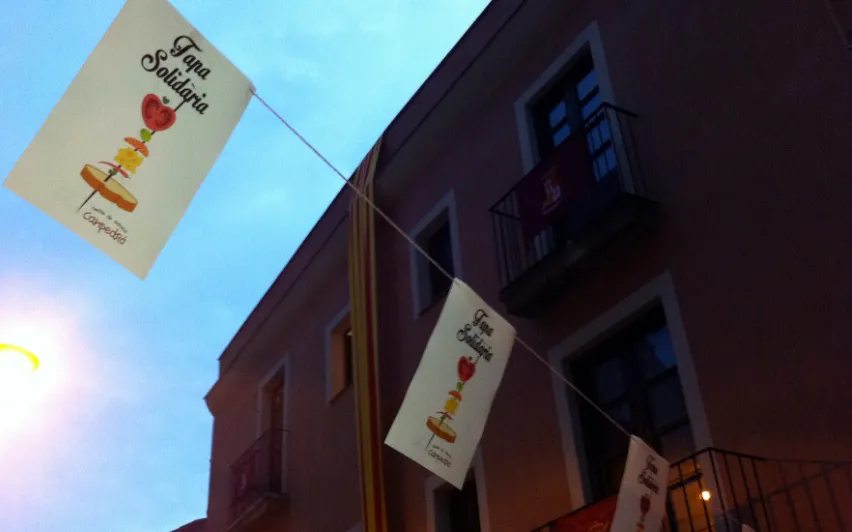


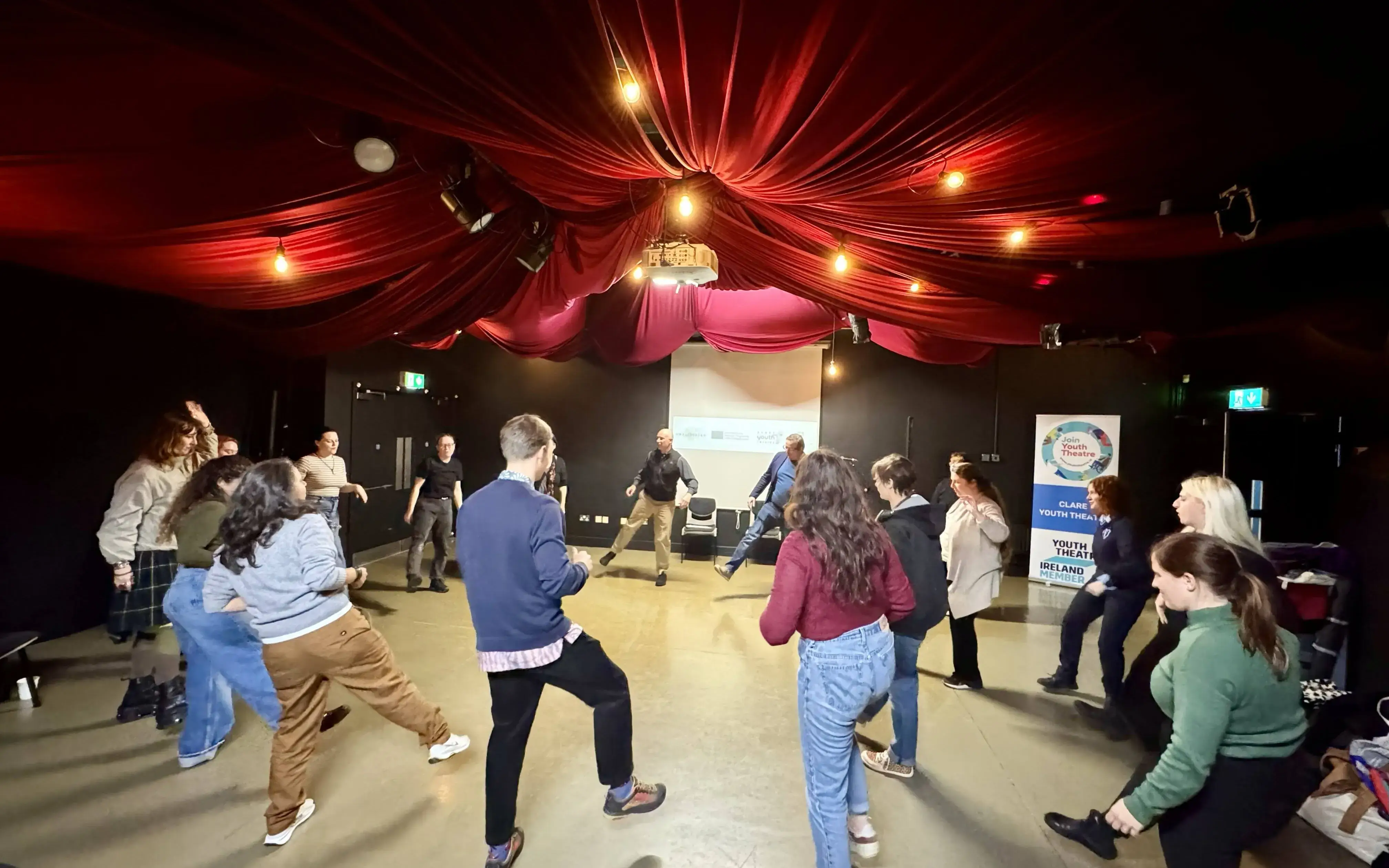
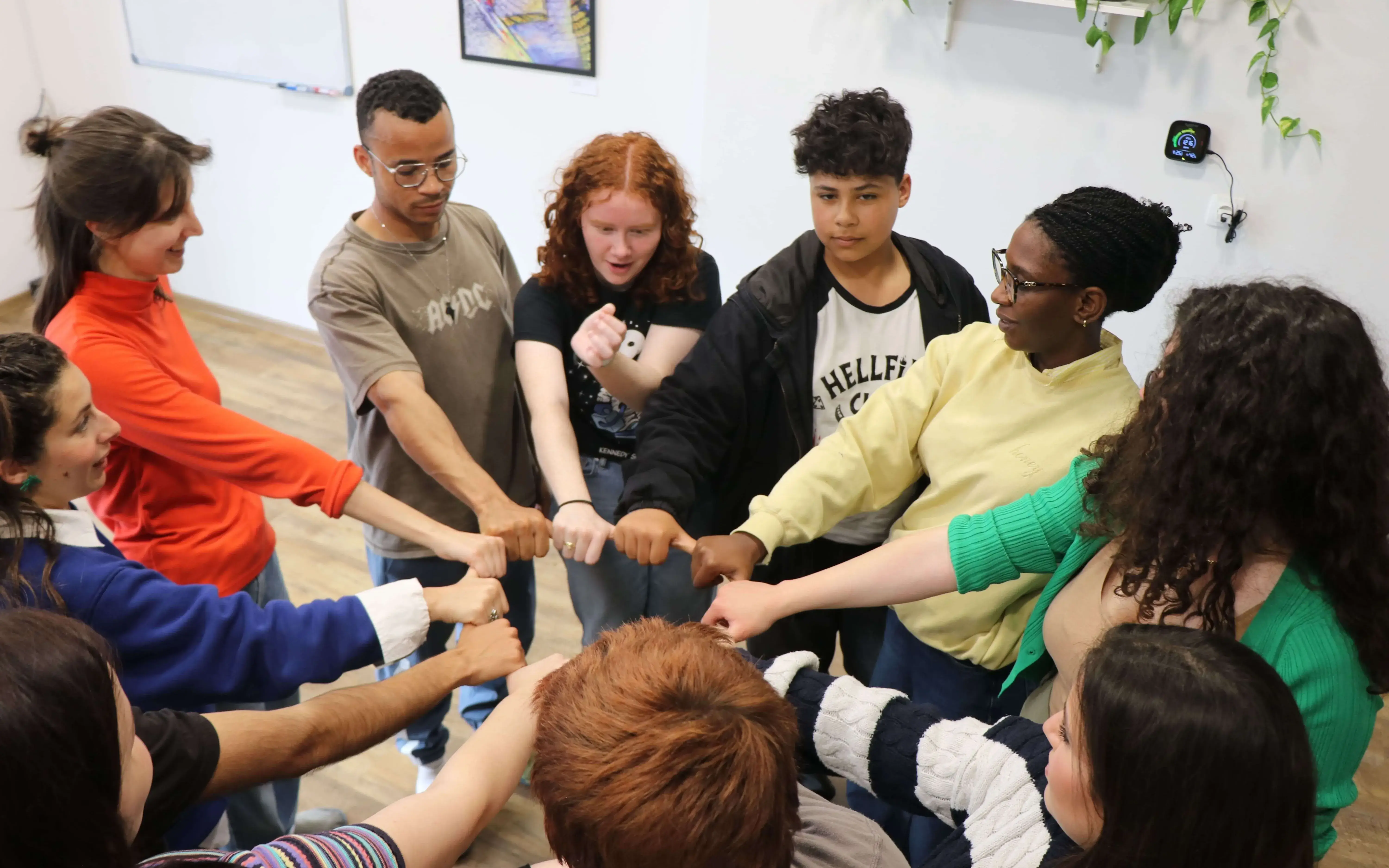
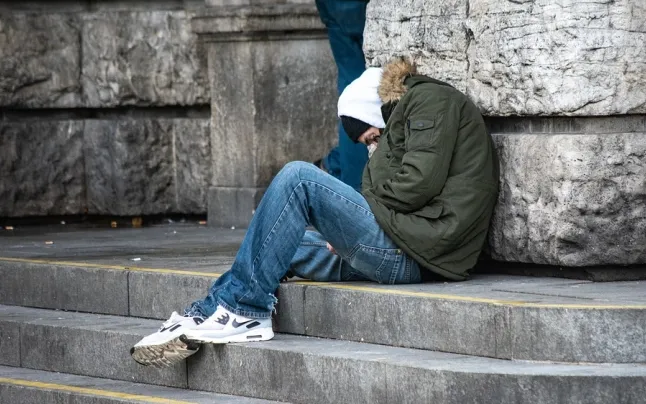
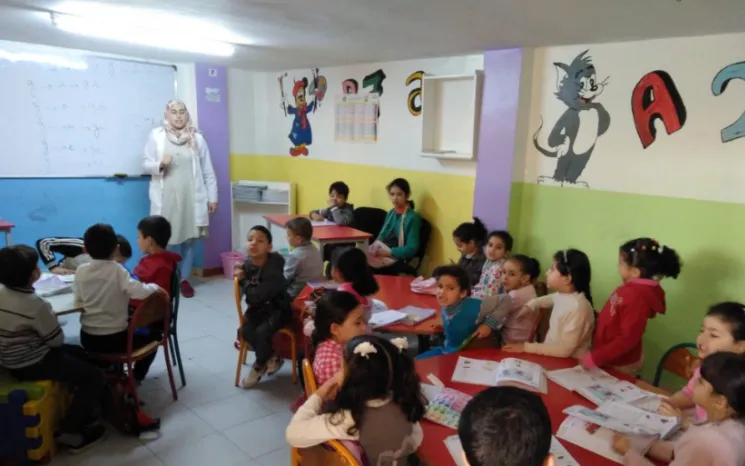
Add new comment